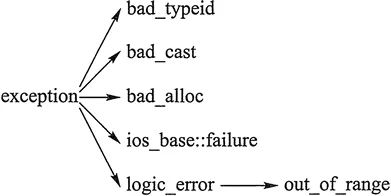### Understanding Loan Value Definition: What You Need to Know About Loan Value in Financial Transactions
#### Loan Value DefinitionThe term "loan value" refers to the amount of money that a lender is willing to extend to a borrower based on the value of the col……
#### Loan Value Definition
The term "loan value" refers to the amount of money that a lender is willing to extend to a borrower based on the value of the collateral provided. It is a critical concept in various financial transactions, especially in secured loans where the borrower offers an asset as collateral to secure the loan. The loan value is typically a percentage of the appraised value of the collateral, which can include real estate, vehicles, or other valuable assets. Understanding the loan value definition is essential for both borrowers and lenders as it directly impacts the amount of credit available and the terms of the loan agreement.
#### Importance of Loan Value in Secured Loans
In secured loans, the loan value acts as a safety net for lenders. By determining the loan value based on the collateral, lenders can mitigate the risk of default. For instance, if a borrower defaults on a loan, the lender has the right to seize the collateral to recover their losses. Therefore, a thorough understanding of the loan value definition helps borrowers recognize how much they can borrow and the implications of their collateral's value.

#### Factors Influencing Loan Value
Several factors can influence the loan value, including the type of collateral, its market value, and the lender's policies. Different types of assets have varying degrees of liquidity and market demand, which can affect their appraised values. For example, real estate often has a more stable value compared to vehicles, which can depreciate quickly. Additionally, lenders may have specific guidelines that determine the maximum loan-to-value (LTV) ratio they are willing to accept, which can further influence the loan value.
#### Calculating Loan Value

To calculate the loan value, lenders typically use the loan-to-value ratio. This ratio compares the amount of the loan to the appraised value of the collateral. For instance, if a property is appraised at $200,000 and the lender offers a loan of $150,000, the LTV ratio would be 75%. This means the loan value is 75% of the property's value. Understanding how to calculate loan value helps borrowers make informed decisions about their borrowing options and the risks involved.
#### Impact of Loan Value on Borrowing
The loan value has a significant impact on borrowing costs and terms. A higher loan value can lead to lower interest rates, as lenders see less risk when the loan amount is adequately secured by valuable collateral. Conversely, if the loan value is low, borrowers may face higher interest rates or may not qualify for the loan at all. Additionally, understanding the loan value definition can help borrowers negotiate better terms with lenders, as they can present a strong case for the value of their collateral.

#### Conclusion
In conclusion, the loan value definition is a fundamental concept in the realm of finance, particularly for secured loans. By grasping the intricacies of loan value, borrowers can better navigate the lending landscape, make informed decisions, and secure favorable loan terms. Lenders, on the other hand, can utilize this understanding to assess risk and determine appropriate lending practices. Whether you are a borrower or a lender, being well-versed in loan value can lead to more successful financial transactions.